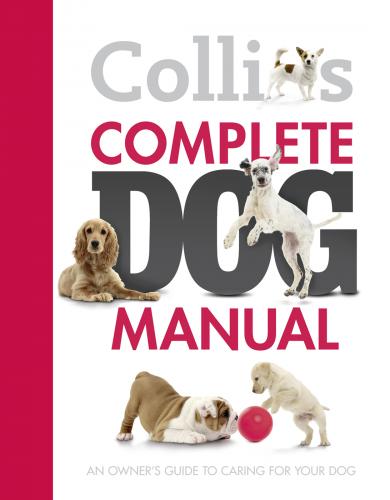It has never been easier to find out about dogs, and the latest most convenient and complete way to do this is by using the Internet.
(© Jean Michel Labat)
It is simplicity itself to click on to the Kennel Club’s own website, or one of the others that relate to pets, and link into the breed history, breed clubs and the breeders themselves. It is possible to communicate with breeders and owners around the world and to download photographs and articles. The Kennel Club will also provide you with the telephone numbers of any breeders close to where you live. However, if you are looking for one of the rarer dog breeds, you will have to be prepared to travel further afield.
There are literally thousands of books on breeds of dogs and there are many specialist bookshops dealing in the subject. Public libraries are also an excellent source of information, and if they haven’t got a particular book they will order it specially for you.
There are weekly newspapers devoted to pedigree dogs, their care, exhibition and breeding as well as some monthly magazines publishing information on every aspect of owning pet dogs. One UK magazine even has a section on finding dogs, with a list of consultants for every breed. A phone call can put you in touch with a friendly expert who is not there to sell you a dog but to provide unbiased information so you can make an informed decision.
Pedigree or Mongrel?
At about this juncture you will have to decide whether you want to own a pedigree dog or a mongrel. Some authorities claim that pedigree dogs are less healthy than mongrels or cross breeds. Although this may be so with a few breeds, there is no scientific evidence that will prove the case generally. There are two reasons why a dog is classed as a pedigree:
• The first is that his ancestry is known and recorded.
• Secondly, he breeds true; that is to say that if you mate a dog and a bitch of one breed the resultant puppies will be replicas of their parents (colour excepted).
One of the main advantages of a pedigree dog is that within close parameters you will know how big he will grow. You will also know the sort of temperament he is likely to develop. However, buying a mongrel is a bit like a lottery – unless you have some specialized knowledge, the little creature at eight weeks might be a giant at eighteen months; he may have inherited some nasty genes from one of his parents that may not manifest themselves until he is two years old or even older.
The Kennel Club, the Internet, canine newspapers and magazines can all help you to find the right pedigree dog or puppy for you. Many prospective owners go to dog shows to seek out breeders but with today’s All Breed Championship Shows, which are held over three days, it is as well to find out in advance on which day your favourite breed is being exhibited. A telephone call to the Kennel Club or a study of the canine newspapers will reveal the most convenient day; the smaller open shows that take place over one day may not schedule your particular breed.
Pet shops and puppy farms
There are traps into which the unwary can fall: the selling of puppies and young dogs is now a multi-million pound business, and unfortunately there are a few unscrupulous breeders, dealers and retailers waiting for the gullible. Most people have seen on television and read in the national newspapers of ‘puppy farms’. However, these are not farms in the true sense of the word but places where puppies are bred with no thought to their welfare, physically or mentally, and fed on cheap and inferior foods with no veterinary attention. Their breeders are not concerned where they go or what happens to them after they leave their premises. The puppies can either be sold direct to the public via misrepresented newspaper advertisements or they can go to dealers who will sell them by any method. Alternatively, they may be sold on through pet shops.
It must be emphasized that these puppies do not have a good future, and it is most unlikely that the vendors will offer a ‘back-up’ in case of trouble. The puppy may become ill and his papers may be false. Therefore it is always wise to buy direct from a breeder, who should be recognized by the Kennel Club, or from a registered charity. Lastly, do not buy a puppy unless you see the mother!
Rescue Dogs
Not everyone wants the problems associated with rearing a puppy and you may decide on a rescue or an adult dog. A network of breed rescue organisations exists to help you – a call to the Kennel Club will provide the relevant phone numbers. There are many reasons why dogs end up in rescue: broken marriages, deaths or simply an owner going overseas.
A large number of these dogs come from a happy home, are well trained and can become a fully accepted older dog in any household. However, some have been ill treated and require tender, loving care before they have confidence in their new home. Because of the difficulties, potential owners should be prepared for some searching questions before the dog is handed over. You may have to pay a small fee to cover expenses. It is also unusual for the Kennel Club documents to be made available; this is to stop the possibility of further abuse to the dog.
Of pedigree dogs, greyhounds pose the biggest problem. Many racing greyhounds are bred in Britain and Ireland – far too many dogs for the market to absorb. As a result, numerous greyhounds are abandoned by their owners if they don’t make the grade. Contrary to some opinions, they can be easily trained
